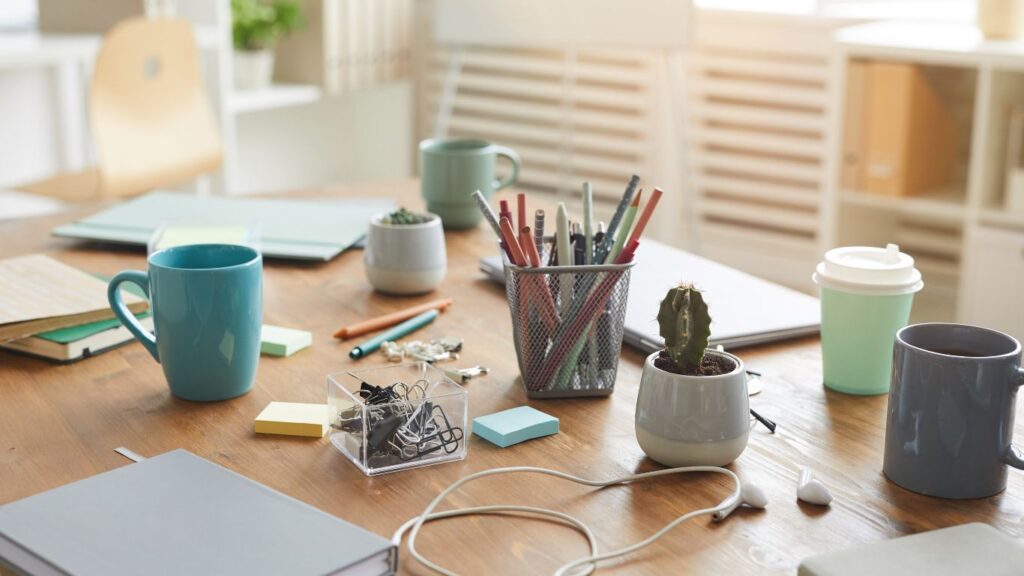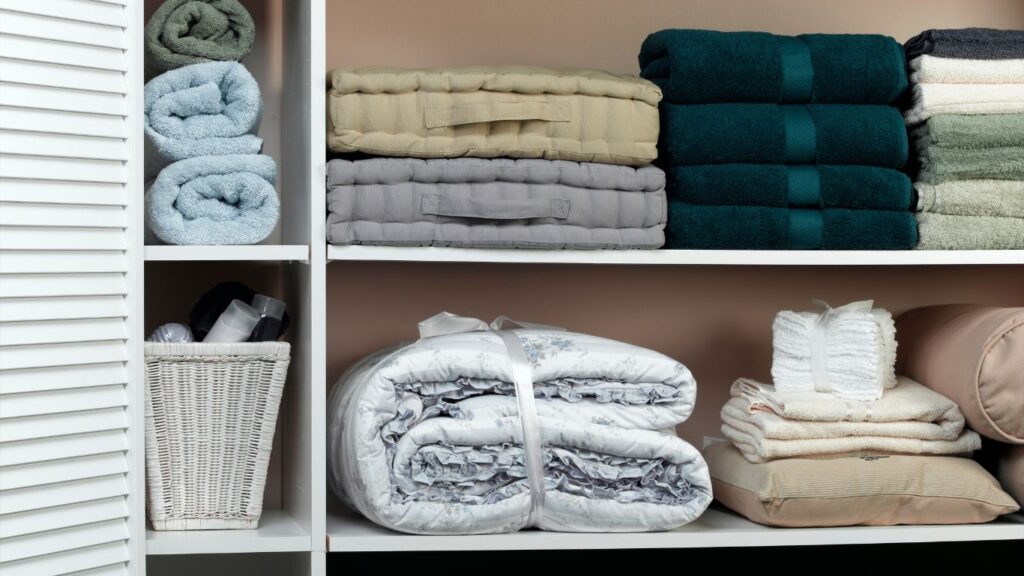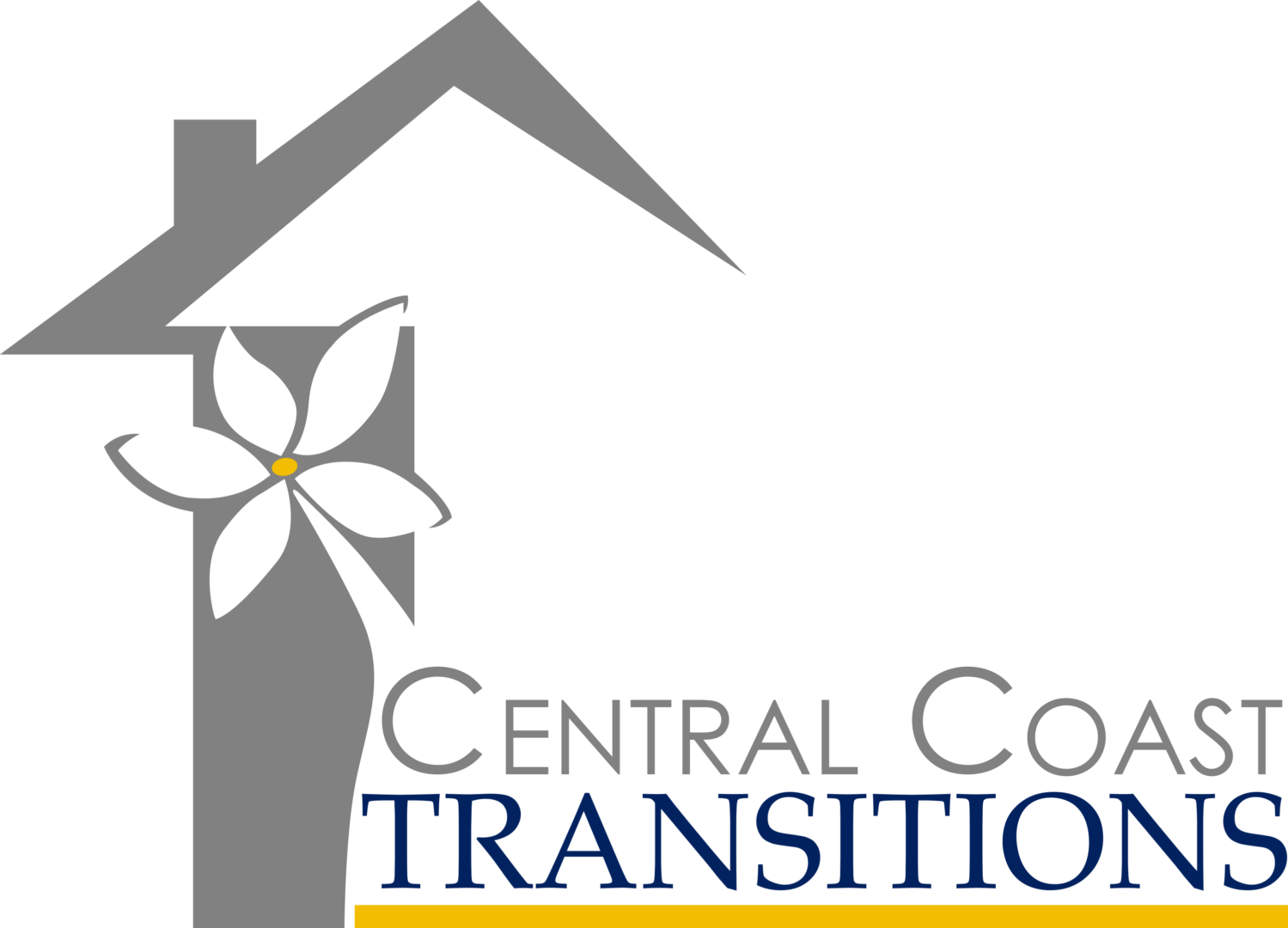Seeking and Clearing Hidden Clutter
Maybe you’ve spent hours, or even days, sorting, purging, cleaning, and reorganizing. Yet, something doesn’t feel quite right. You peek under the bed or open your makeup bag and staring back at you are items you haven’t seen or used in years! No matter how we try to fight it, clutter has a way of hiding yet still impacting our functionality.
If you’re like most people, you probably have a few areas in your home that are storing items you don’t even know about! Whether it’s a cluttered desk drawer, boxes tucked under the bed, or mystery cans in the shadows of your pantry, excess stuff can be overwhelming and stressful. Not only does it make it difficult to find what you need, but it can also lead to duplication. This main issue with hidden clutter is you don’t know what’s there, so you run the risk of purchasing items you already have. Further, hidden clutter can make your home feel oppressive and cramped, even if you can’t see it.
Fortunately, this is a fixable issue. You can create a more organized and peaceful home. All it takes is a little time and effort, and the rewards will be well worth it. Here are a few tips to help you get started and identify those areas which might be holding more than they should.

Start with a plan.
Before you start tossing things out, it’s important to have a plan in place. Determine what you want to accomplish and how you want to organize your space. This will help you stay focused and make the process of decluttering more efficient.
Go room by room.
It is important to first identify the “problem areas.†Check each room for clutter hot spots. Some may not even be what you think! Look out for desk drawers, the back of pantries, under the bed, make-up or toiletry bags, and even your freezer!
Now you’re ready to tackle one room at a time. Instead of trying to declutter your entire home at once, tackle one room at a time. This will make the task feel more manageable and help you see progress as you go.
Chunk it out!
If you have a Herculean effort ahead, such as a room that you can barely enter, then plan on purging in chunks over a period of time rather than attacking it all at once. Create your plan to spend 2-3 weekends working 4 hour days rather than 1 weekend working 10-12 hours. Pace yourself. More importantly reward yourself for completing the task.
If you are easily distracted, set a timer for 20-30 minutes. If you get lost in memorabilia, the alarm bell will bring you back in to focus. Take a break and start again. Conversely, if you tend to go and go and go, the alarm with tell you to take a much-needed break.
Get rid of things you don’t use or need.
One of the easiest ways to reduce clutter is to get rid of things you no longer use or need. This includes things like make-up or nail polish you won’t wear, outdated food, clothes that don’t fit, outdated electronics, and duplicate kitchen gadgets. If you haven’t used something in the past year, chances are you don’t really need it.
Consider donating or selling.
Instead of tossing items in the trash, consider donating or selling them. Not only will this help reduce waste, but it can also be a great way to raise some extra cash or help someone in need.
Be ruthless.
When it comes to decluttering, it’s important to be ruthless. Don’t hang onto things “just in case” or because they have sentimental value. If you haven’t used something in six months to a year, and most likely won’t in the next six months, then it’s time to let it go. Ask yourself: “under what circumstances would I ever use/wear it again?†If you don’t have answer, let it go.
Use storage solutions.
Once you’ve decluttered your space, create a plan to organize the items you want to keep. Invest in storage solutions like baskets, bins, and shelves to help keep things orderly and in place. Create a “home†for every item. Remember, returning an item to its “home†when you’re done using it will maintain organization and keep your place decluttered.
Create a maintenance plan.
Decluttering is not a one-time event. To keep your space organized and clutter-free, it’s important to create a maintenance plan. This might include things like setting aside a certain amount of time each week to ensure items are in their “homes.†Get rid of trash as you go, do not go to bed with dirty dishes in the sink, or try clearing your counters as part of your morning routine. Every 3 months, designate a “decluttering weekend†to purge items deemed unnecessary but still hold value. Collect and deliver these items to the nearest donation center.

Hot spot areas.
Garage: Your garage is perhaps the worst offender of hidden clutter. It tends to have a reputation as your own personal storage facility. It can become a blackhole of “out of sight, out of mind.†As you purge through furniture, memorabilia, and other items, take note of what type and size of storage solutions you will need for the items you are keeping.
Bathroom: Odds are you have a surplus of toiletries. Maybe you got new soap and fragrances as a gift, and it has been added to your ever-growing collection. Maybe you have a supply of sample beauty products that you will “definitely†use “somedayâ€. Most, if not all,
beauty products have expiration dates. For example, mascara should be replaced every three months. It’s time to sort, toss, donate, or regift.
Linen Closet: People tend to unintentionally collect bed sheets and towels. Realistically, a single person only needs three full sets of sheets maximum. This is the same for towels. Try culling your linens and towels down to this number. Additionally, it is highly recommended to replace sheets and towels every two to three years depending on regularity of use. It might be time for you to invest in some new materials and donate the old!
Desk: Check your desk for dried-out pens, old magazines, used-up notebooks, and old calendars. Group all “like†items together (pens, clips, paper, etc.) to determine the right size storage bin or container. Creating a clear and functional workspace will help with your peace and productivity.
Kitchen: Go through your pantry and remove any expired products. Any canned or boxed items that aren’t expired but you have no upcoming plans to use, can be donated to the Food Bank! Do the same in your refrigerator and freezer. Don’t forget to get rid of duplicate, broken, worn-out, or long unused cooking utensils and cookware.
Ask for Help.
Should you decide that your purging and downsizing effort is greater than your ability and timing allows, please call us for a FREE consultation. (805) 602-1789
Central Coast Transitions LLC specializes in preparing and implementing a plan that ensures you have a safe and aesthetically pleasing quality of life within your home. Our compassionate approach is designed to relieve you from the angst and stress of your situation. We carry the burden of the project, allowing you to transition into a place of joy.
- Aging in Place Home Assessment and Modification
- Estate Liquidation: Downsizing to Complete Clean-outs (includingHoarders)
- Home-for-Sale Preparation: Repair Coordination, Deep Cleaning to Staging
- Move Management and Relocation Services: Packing, Space Planning, Unpacking and Home Staging
- Purging, Decluttering, and Organizing your Space

